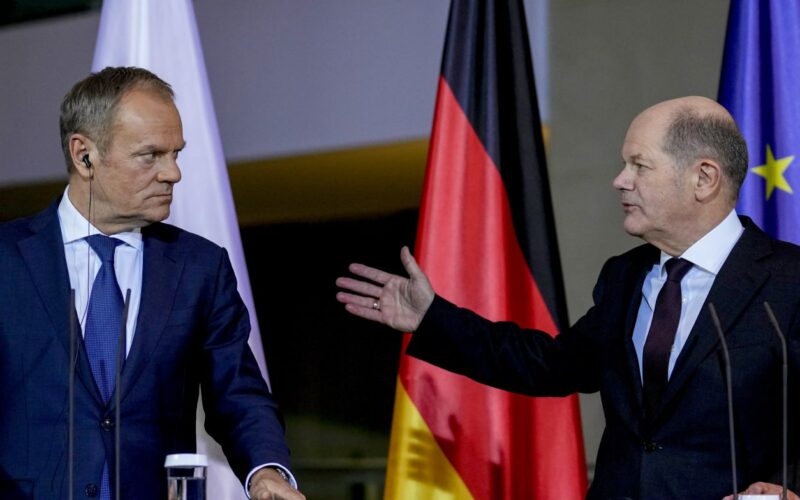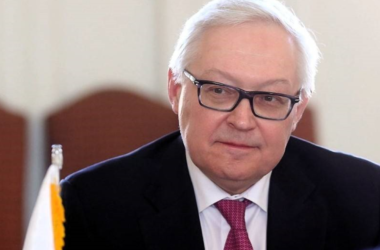In a pointed critique during a press conference following the first joint meeting of the Polish and German governments since 2018, Polish Prime Minister Donald Tusk highlighted what he sees as significant disarray in Europe’s defense planning and coordination. His remarks came during discussions with German Chancellor Olaf Scholz on enhancing bilateral cooperation and defense policy.
The meeting, intended to underscore improved cooperation through a newly established action plan, took an undiplomatic turn when the topic of defense strategy surfaced. Tusk expressed frustration with Germany’s resistance to the idea of common EU borrowing for defense expenditures—a concept Poland strongly supports.
“Europe is dramatically disoriented on defense,” Tusk remarked, criticizing the lack of unified efforts in military procurement and defense spending among EU nations. “There is a lack of cooperation,” he added, voicing his irritation at Germany’s refusal to consider defense bonds.
Poland has significantly increased its defense budget, allocating 4.12 percent of its GDP to defense for 2024, which is more than double NATO’s 2 percent target and marks the highest per capita defense expenditure in the EU. In contrast, Germany has pledged to meet the 2 percent threshold this year.
Tusk advocates for enhanced coordination of defense spending across Europe, including initiatives such as joint EU debt for military investments, or defense bonds. However, Germany has firmly opposed this proposal, preferring alternative methods of defense financing.
“Germany should not finance our tanks. We’ll do it ourselves,” Tusk asserted. “We would just like to point out to everyone, including our German partners, that the issues of the Continent’s security should not be seen separately and sometimes in competition with various initiatives.”
Chancellor Scholz has been a proponent of Germany’s Sky Shield initiative, launched last year to facilitate the joint procurement of air defense systems among participating countries. While Tusk acknowledged Poland’s willingness to join this platform, he emphasized the need for broader, coordinated efforts across Europe.
Beyond the Sky Shield, Tusk is advocating for EU backing to bolster a defense line along Poland and the Baltic region’s borders with Belarus and Russia, underscoring the strategic importance of these areas given recent geopolitical tensions.
“I would like Europe to be able to coordinate … between competing initiatives of the various countries, and this is not yet coordinated,” Tusk said, calling for a more unified approach to defense that transcends national agendas and fosters collective security.
The meeting between Tusk and Scholz highlighted the diverging perspectives on defense within the EU, with Poland pushing for shared financial initiatives and Germany favoring nation-specific contributions. The discussion underscores broader challenges in achieving a cohesive European defense strategy amid evolving security threats.
As Europe navigates these complexities, the dialogue between Poland and Germany exemplifies the ongoing effort to reconcile differing approaches and enhance collective defense capabilities.








